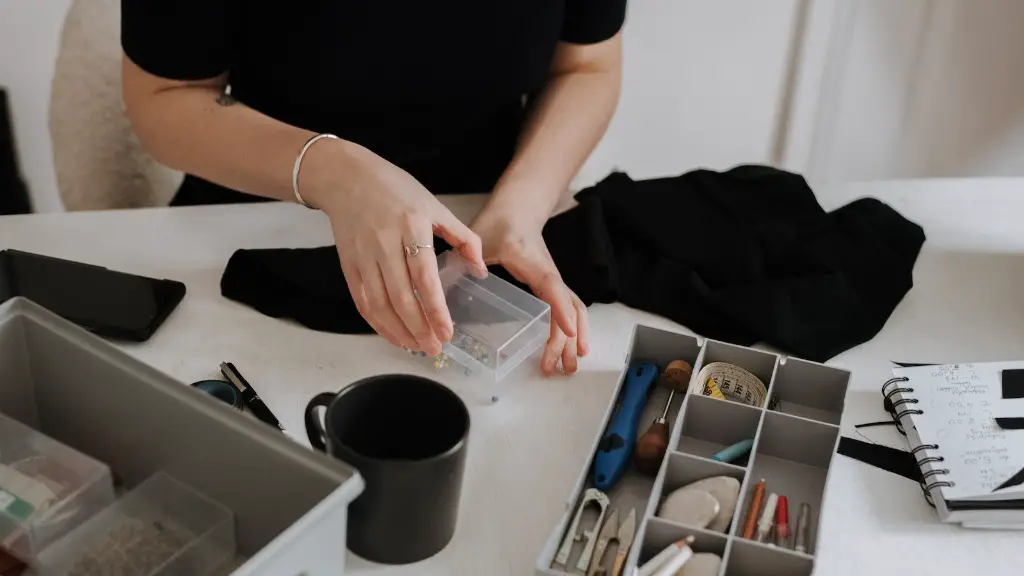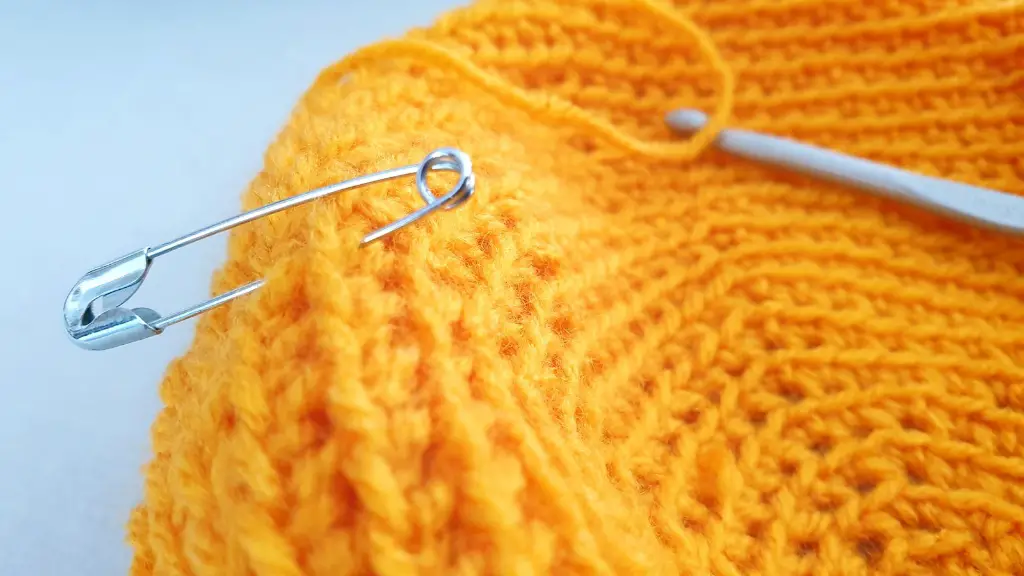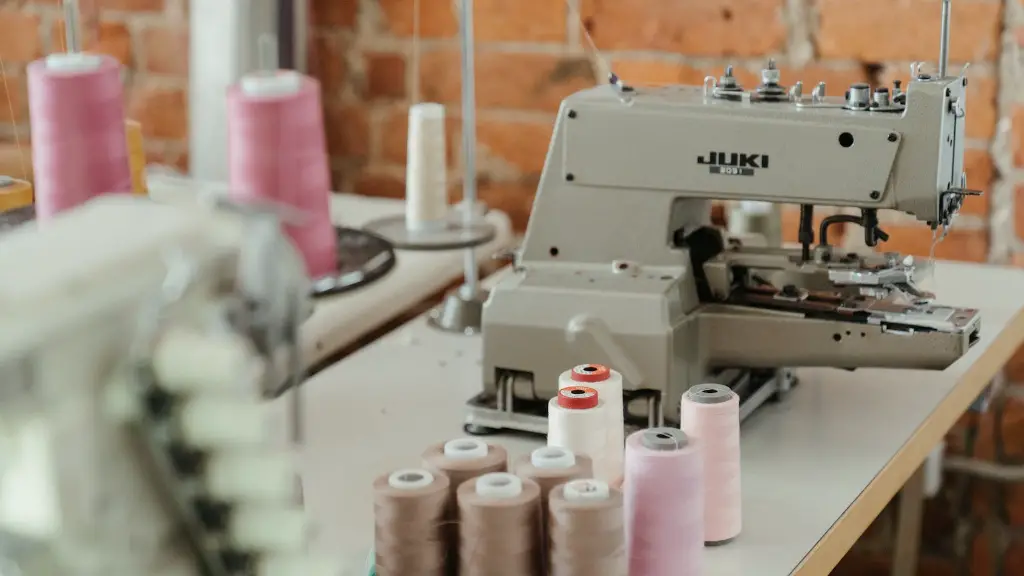How to Clean a Juki Sewing Machine The Right Way
Taking the time and care to clean your Juki sewing machine is essential to its lifespan and performance. Cleaning on a regular basis ensures your machine will run smoother, faster and with less need for replacement parts. Here are some tips and tricks for getting the most out of your Juki.
Required Materials and Preparation
When cleaning your Juki, you will need the following materials: lint-free cloths, canned air, sewing machine oil, and vacuum with a brush attachment. Make sure to unplug your machine and place it on a flat surface for easy access. All parts should be removed from the machine and checked for signs of damage or clogs. If any repairs or adjustments are needed, contact your local Juki service center.
Light Cleaning Between Sewing Jobs
Between sewing jobs, you should clean the bobbin race and the bobbin area of your machine. To do this, turn off the power, open the compartment, and brush away lint and debris from the bobbin area. Use the canned air and vacuum to remove any further debris, and then lightly oil the metal parts of the machine, such as the thread spool, and the needle bar.
Time for a Deep Clean
When it’s time for a deep clean, there are a few more steps to take. First, remove the needle and bobbin from the machine, and thread it through the spool pin, the feed dog, and the bobbin, in order to clean out any remaining residue. Be sure to discard all used needles, as they can cause damage to your machine. Remove the needle plate and clean off all of the lint and small pieces of thread or fabric. The machine should then be vacuumed with the brush attachment and dusted off with a lint-free cloth. Finally, use sewing machine oil to lubricate all movable parts.
Proper Maintenance
Proper maintenance of your Juki sewing machine is essential. Follow the instructions on the oil bottle, as some manufacturers suggest different oil viscosities. If the oil gets too thick, it could clog the needle bar and feed dogs, causing your machine to run much slower. Additionally, make sure to check your machine for parts that need to be replaced or adjusted. If the belt needs to be replaced, make sure to use the same material and size as the original belt. If a part becomes loose or damaged, contact your local Juki service center.
Storing Your Juki
After you’ve finished cleaning and maintaining your machine, it’s important to store it properly. Make sure your sewing area is away from direct sunlight, moisture, dust and other debris. Keep the machine covered when not in use to prevent damage. Additionally, it is recommended to keep your Juki in a carrying case that is specifically designed for your model of machine.
Safety Tips
To ensure safety when handling your Juki, make sure to wear protective gear such as safety glasses and gloves. Remove all jewelry or loose items while working with the machine, and always unplug it when not in use. Be sure to read the manufacturer’s instructions before attempting any repairs, adjustments, or cleaning. Make sure you always understand and follow the safety guidelines when operating your machine.
Transporting Your Juki
When transporting your Juki, ensure that the sewing machine is properly prepared for the journey. Make sure that the oil and lubricant are drained from the machine, as this will ensure that none of the parts will be damaged during the transit. Additionally, it is important to keep the machine secure and upright during transportation, using packing materials to protect all the parts from damage. Wrap the machine in plastic wrap and secure it with packing tape to ensure it stays in place during the journey.
Troubleshooting Your Juki
If you’re having problems with your Juki, it is important to troubleshoot it before attempting any repairs or cleaning. Check the tension of the thread, whether the machine is threaded properly, and if the bobbin is set correctly. It is also important to make sure that the machine is plugged in and turned on. If these steps do not work, contact your Juki service center for further assistance.
Things To Avoid
When cleaning and maintaining your Juki, it’s important to avoid certain things. Do not use any harsh chemicals such as bleach or rubbing alcohol to clean your machine. It is also important to keep it away from moisture and direct sunlight. If a part needs to be replaced or adjusted, it’s important to not do it yourself, as this could cause further damage to the machine. Finally, always unplug the machine before performing any maintenance or repairs.
Summing Up
By following the proper steps for cleaning and maintaining your Juki sewing machine, you will be able to get years of use out of it. Take the time to clean and oil it every few months, and remember to always take caution when handling your machine. Keep an eye out for any worn or damaged parts, and contact your Juki service center if repairs or adjustments are needed. With proper maintenance and care, you will be able to make the most out of your machine.


